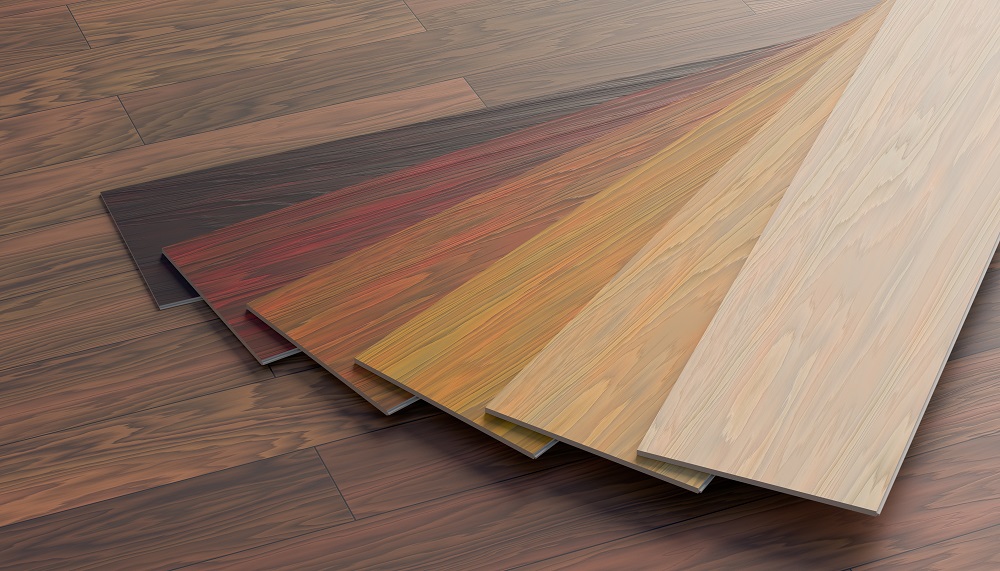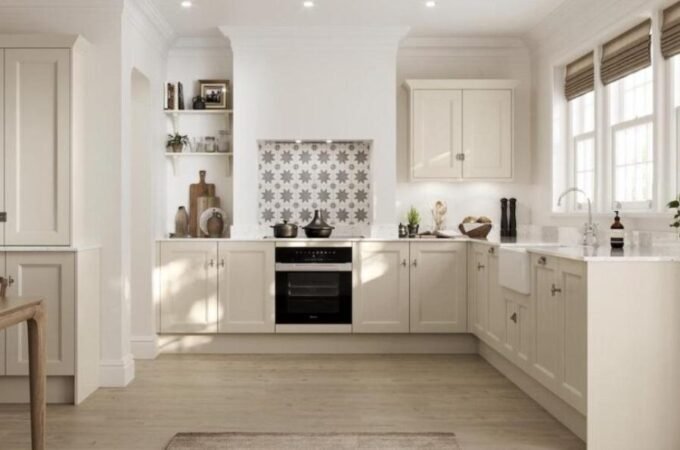
4 Things To Consider When Buying A Hardwood Floor
With several types of flooring available in the market, the decision on what specific floor type to purchase can be very overwhelming. But, due to its popularity and great benefits, you may think about installing a hardwood floor for your home.
However, choosing to use hardwood is an important decision. It involves more than choosing the color or finish you want, which is why knowing the pros and cons of hardwood flooring will usually make a lot of sense.
Even so, if you think a hardwood floor can be a long-term investment, below are the four things to consider when purchasing one:
1. Type Of Wood Flooring
One of the essential considerations is the type of wood flooring you want for your home. Typically, there are two types of wood flooring products that you should be aware of. These can include the solid hardwood flooring and the engineered hardwood.
By definition, a solid hardwood floor is a single piece of hardwood that consists mainly of strips or planks. It’s made of solid wood logs with a thickness ranging from 5/16 to ¾ inches. On the other hand, an engineered hardwood flooring from a reliable manufacturer is made from several layers of plywood and composite materials and a layer of solid hardwood at the top. It has a thickness which ranges from 3/8 to ¾ inch.
While both types of hardwood floors are worth it and provide you satisfaction, they’re different in terms of composition. If you want to upgrade the flooring of your bathroom or basement, an engineered floor can be a great choice because it can be installed on all levels of your home. The solid hardwood type is less likely to be unstable and can be installed on the ground floor.
2. Variety Of Wood Species
It’s important to note that there are several types of wood used in hardwood floors, depending on the durability. If you’re concerned about the day-to-day wear and tear of your flooring, then you should consider the wood variety before making a decision. For example, if you’re looking for durable and popular choices, you can think about red and white oak, hickory and maple, and walnut. But, in case you want harder, exotic kinds, you can go for Brazilian cherry, Brazilian koa, and cumaru.
Generally speaking, the harder the wood you use, the better it’ll be in terms of wear and tear in high traffic areas in your home.
3. Style Of Your Home
Another thing to consider when purchasing a hardwood floor is the style of your home. It plays an essential role in the selection process to make sure your flooring complements well with the other decorative elements in your home. For instance, you should take a look at your wall colors, cabinets, and many more to determine which wood will match your design choices.
Moreover, you should also be cautious in choosing a hardwood floor in terms of what’s trendy now. That’s because what’s in today may be outdated in the near future. So, be sure to pick the right flooring option that goes with the current design trends but will also allow you to tweak it according to your future home décor. As such, you can get the most out of your choice as a significant home-related investment.

4. Costs
When buying hardwood flooring, you should also factor in the costs, including the installation expenses. In most cases, the costs of the wood floor may depend on several factors such as the type, wood, and the finish you choose. For example, a solid hardwood floor can be more expensive than an engineered wood flooring.
In addition, you should also include the installation in the calculation of costs because it can also be an expensive undertaking. From the manipulation of furniture to the removal of existing flooring, these things can add up to the installation rates. Therefore, think about these costs before buying a certain type of hardwood flooring. However, if you’re looking to save some money on your flooring upgrade, you may opt to do the job yourself, but select a product that’s right for you.
The Bottom Line
Nowadays, most hardwood floorings come in a wide variety of options. But, if you can’t decide on your own, you may consider talking with an expert to visit your home and assess all the things required to make a decision. By having a great professional on your side, you can have peace of mind knowing that someone can guide you through the process and install a good hardwood floor for your property.
Lastly, keep the things mentioned above in mind to help you in the decision-making process. That way, you can buy the appropriate hardwood flooring option that’ll work best for your needs.




